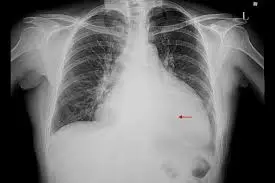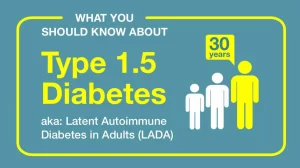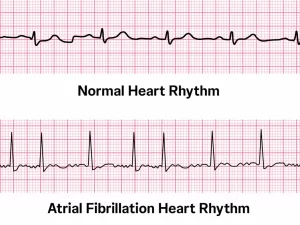Avoid Wheelchair Scams
By Brenda Melara
 Wheelchair scams are another very common type of durable medical equipment (DME) fraud. Mechanical and motorized wheelchairs can assist a beneficiary who has a chronic ailment or disability that prevents her from freely ambulating. The power wheelchair industry has grown into an almost billion dollar per year industry. You’ve probably seen commercials on TV offering wheelchairs at “little or no cost to you.” Be aware; the Medicare rules stipulate that you must have a legitimate need before obtaining these devices, and a Certificate of Medical Necessity must be signed by your doctor.
Wheelchair scams are another very common type of durable medical equipment (DME) fraud. Mechanical and motorized wheelchairs can assist a beneficiary who has a chronic ailment or disability that prevents her from freely ambulating. The power wheelchair industry has grown into an almost billion dollar per year industry. You’ve probably seen commercials on TV offering wheelchairs at “little or no cost to you.” Be aware; the Medicare rules stipulate that you must have a legitimate need before obtaining these devices, and a Certificate of Medical Necessity must be signed by your doctor.
How the Scam Works
- DME street scammers may approach you to offer a power wheelchair that is a “free benefit” for having Medicare. This is not the case. The beneficiary must have a legitimate need, co-pays and/or deductibles may have to be met, and the physician prescribing the device must have examined the patient. The cost of these power devices runs from $1,500 to $6,000, depending upon the model. In addition, accessories may be ordered that are not needed, driving the cost up higher by several thousand dollars.
- Often a scam artist will contact the beneficiary and use scare tactics. This includes telling the beneficiary that Medicare is running out of money so the beneficiary better get his wheelchair now even though it’s not needed at this time. Getting equipment now for possible future needs does not adhere to the Medicare rules and is therefore illegal.
How to Fight Back
- Do not let anyone talk you into stockpiling equipment for later use. If you do need the equipment, it should only be ordered through your regular family physician.
- If someone calls and tries to threaten or pressure you into something, simply hang up the phone.
- Be aware that you are responsible for 20 percent of the final amount, including potentially unnecessary add-ons and accessories, for the device ordered. Frequently the scammers do not explain this.
If you have a complaint or any questions, contact Senior Medicare Patrol at 877-272-8720 or visit www.stopmedicarefraud.org.
This project was supported, in part by a grant (Nos. 90MP194-01-01, 90MP0196-01-00 and 90MP195-01-04), from the U.S. Administration for Community Living, Department of Health and Human Services, Washington, D.C. 20201. Grantees undertaking projects under government sponsorship are encouraged to express freely their findings and conclusions. Points of view or opinions do not, therefore, necessarily represent official Administration for Community Living policy.


